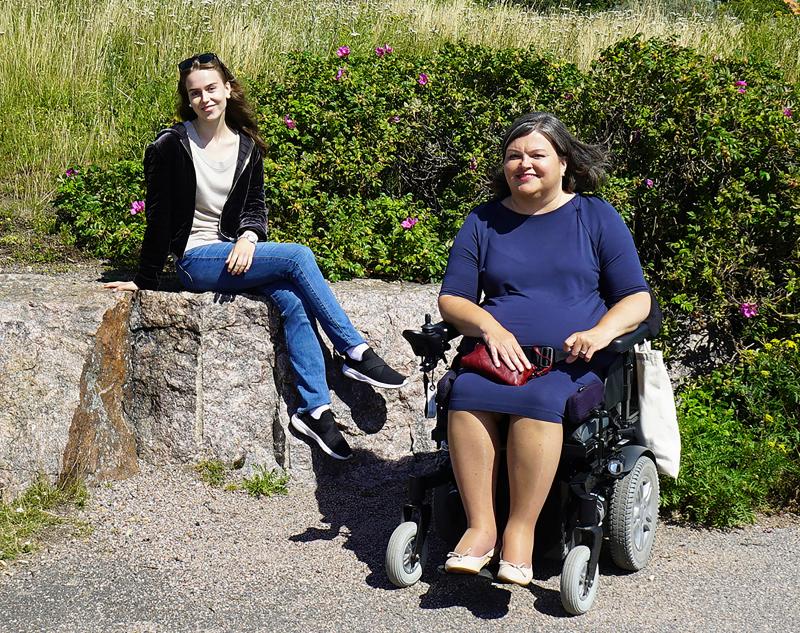Equality and parity: Award-winning and responsible work
We have been working long and hard to promote diversity and parity, and this has not gone unnoticed.
The City is a workplace for everyone. Fair and respectful treatment of all people and the staff members’ equal opportunities of demonstrating and utilising their skills is vital in order for the City to be a top employer and, subsequently, the most functional city in the world.
The staff equality and parity plan’s annual measures promote these elements in practice. We factor in parity and equality in all of our operations, from hiring to rewarding, from work communities to the supervisors and senior management, and from finding harmony between work and other aspects of life to promoting career equality.
Our perseverance was rewarded when we received an award (Vastuullisuusteko 2020) for being a responsible operator, as part of the Responsible Employer campaign organised by the job advertisement service Oikotie Työpaikat.
The campaign’s jury of experts granted the City the award for its effective, long-term and extensive promotion of diversity and parity.
In its assessment, the jury noted the City’s virtual equality and parity training platform Helvi, intended for the entire staff body. The purpose of the platform is to help participants consider what parity and equality mean and how to incorporate them in the recruitment, work communities and the City’s services increasingly well.
Furthermore, we arranged a briefing on diversity, inclusivity and unconscious biases for our supervisors and experts. Additionally, we have taken the equality aspect into account on our other courses, such as supervisor training on how to hire and reward employees.
The proportion of foreign-language speakers is on the rise
The proportion of foreign-language speakers in Helsinki at the start of 2020 was 16.2% (15.7% in 2019). Likewise, the proportion of foreign-language staff members continues to grow, and reached 9% of all employees at the end of the year (8.5% in 2019). These figures were at their highest in the Social Services and Health Care Division, 12.6% (12.2 % in 2019).
Gender-biased roles
When it comes to occupational roles, those mainly occupied by women (over 70% women; assessment includes roles held by more than 50 people) include family daycare providers, group family daycare providers, speech therapists, public health nurses and dental hygienists (please see a longer list in the statistics appendix).
Roles typically occupied by men (over 70% men; assessment includes roles held by more than 50 people), on the other hand, include senior fire fighters, firefighters, tram maintenance mechanics, carpenters and equipment maintenance mechanics. Roles, such as cooks, lecturers, team managers, mental health nurses and youth instructors, tend to be occupied more evenly by women and men (at least 40% women and 40% men). We are unable to gain information about the proportion of gender minorities in different roles.

